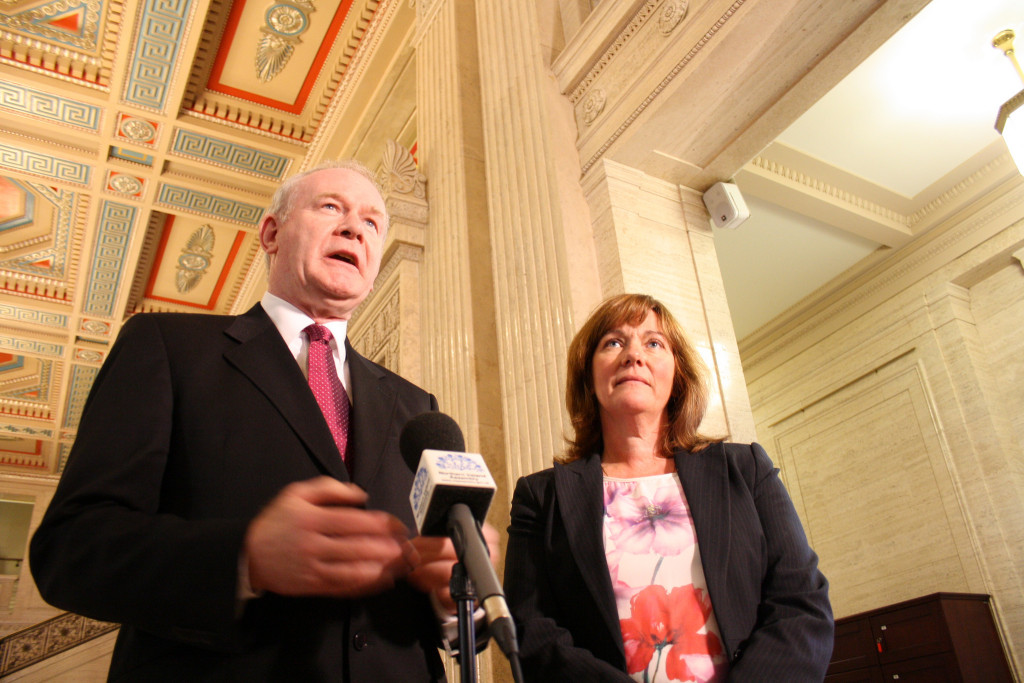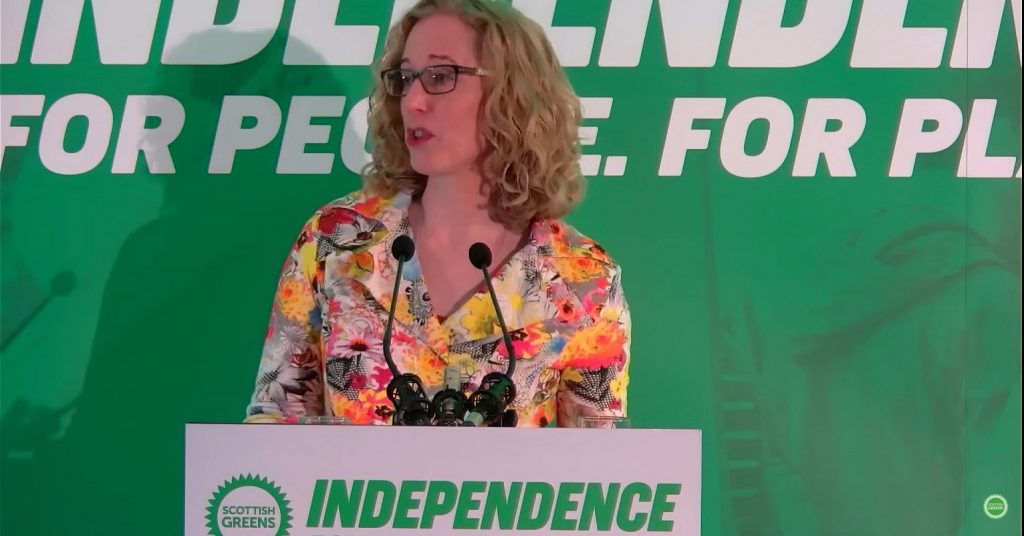McGuinness resigns as Northern Ireland deputy First Minister, possibly triggering election

Martin McGuinness, Northern Ireland’s deputy First Minister, has resigned today, in response to Arlene Foster’s refusal to step aside as First Minister in the wake of the RHI scandal. Sinn Fein have said that they will not nominate a replacement deputy First Minister before new Assembly elections.
As an Executive cannot be formed without one Nationalist First Minister, this means that elections are likely to be called in seven days’ time, followed by a six week campaigning period. The election would result in 90 MLAs being sent to Stormont, rather than the current 108, as the NI government had previously agreed to reduce the number of representatives to 5 per constituency. It is not certain how much this would damage the DUP post-RHI scandal, though they would still need 30 MLAs to implement the contentious “Petition of Concern” mechanism.
It is unclear whether Martin McGuinness would be re-nominated by his party after an election, as rumours of ill health circulate after his decade in office as deputy First Minister.
On a UK-wide level, today’s events also draw into question the triggering of Article 50; a Supreme Court case by politicians and activists (Green leader Steven Agnew among them) is currently being heard, arguing that devolved institutions must give their consent before Theresa May triggers an exit from the EU. If this case is successful, it is unclear as to whether Article 50 would have to wait until a new Northern Ireland Executive is appointed; it has been argued that James Brokenshire, Secretary of State for Northern Ireland, could delay the election until after the Article is triggered.




Leave a Reply